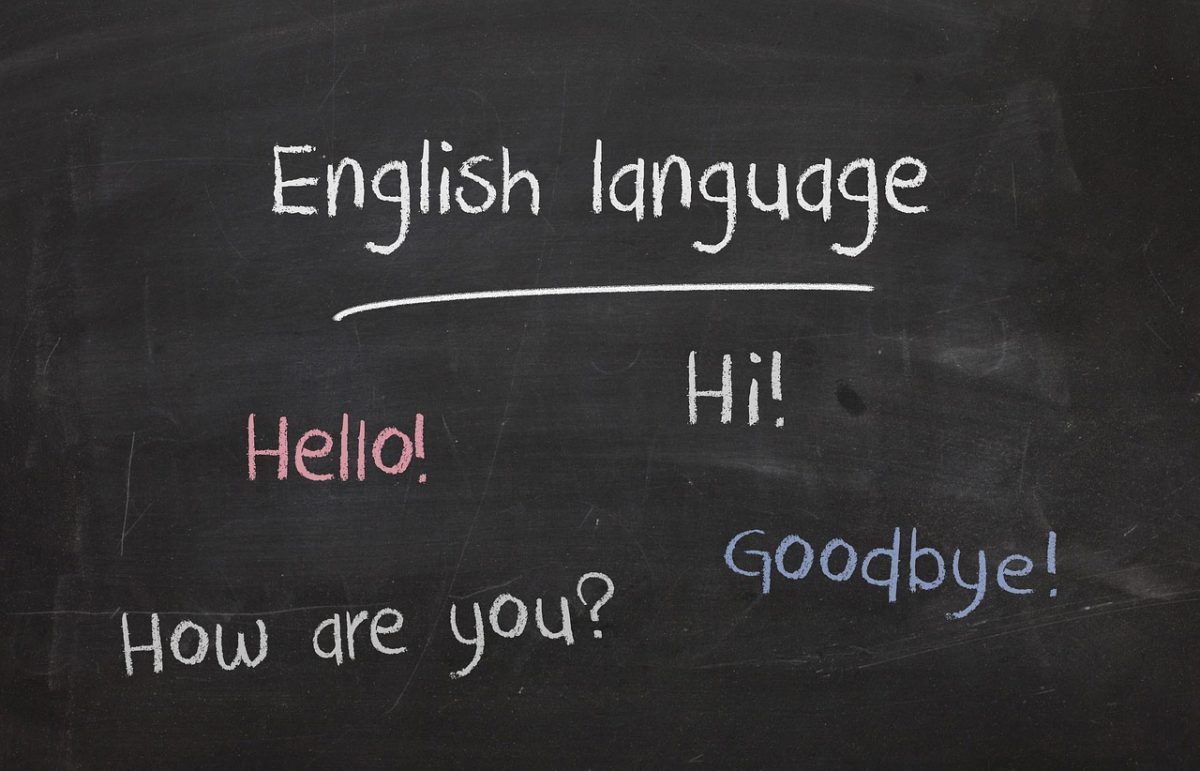Native English-speaking teachers will need to learn the language to teach in Norwegian schools, but opportunities do exist in international schools and private institutions.
Teaching is a popular career choice for thousands of English-speakers around the world. Norway is no exception, yet the reality here is more complex than in many other countries.

While there are opportunities for international teachers, requirements are high, competition is strong, and fluency in Norwegian is often essential.
Teaching in Norwegian Schools
In almost all cases, fluency in Norwegian and a recognised teaching qualification are the minimum standards to work in public schools. Norwegian teacher education is demanding, with specific routes designed for primary, lower-secondary, upper-secondary and vocational teaching.
Today, most routes are five-year master’s degrees, although practical-pedagogical training programmes are also offered to those with existing academic or vocational backgrounds.
Primary school teacher education includes long placements in classrooms as well as university study. These practical components are seen as crucial to developing the skills required to manage a class of young children.
Subject competence requirements also apply: teachers must normally hold 30–60 ECTS credits in the subjects they teach.
For upper-secondary schools, teachers are typically expected to hold a master’s degree plus practical-pedagogical training. Vocational teachers, on the other hand, can qualify through a mix of trade or craft experience alongside pedagogical study.
Temporary and substitute teachers can be hired without full qualifications in some circumstances, especially when there are no qualified applicants. However, these positions are often conditional upon a teacher already being enrolled in a relevant study programme.

Finally, anyone working with children must present a police certificate of good conduct before beginning employment. This requirement applies equally to permanent and substitute roles.
Language Requirements for Teachers in Norway
While the national approval system for teachers does not set a formal Norwegian language test, in practice, Norwegian schools require a very strong command of both written and spoken Norwegian.
This is essential for working with pupils, communicating with parents, and engaging with the curriculum.
Teaching in International Schools
For foreigners, the most accessible route into teaching in Norway is through international schools. Found in many larger towns and cities, these schools primarily serve the children of expatriates and follow an international curriculum, often British, American or International Baccalaureate (IB).
International schools recruit regularly from overseas and value prior experience in your home country. Many roles are offered on fixed-term contracts, typically one to three years, so vacancies arise frequently.
As well as classroom teachers, international schools often seek subject specialists, special educational needs (SEN) staff, and administrators with experience of international education.
International schools are most common in cities with significant international business communities such as Oslo, Stavanger, Bergen, and Trondheim. Oil and gas hubs in particular have long supported a demand for English-language education.
Teaching English in Norway
The global demand for native English-speaking teachers is enormous, but Norway is something of an exception.
Because of the widespread fluency in English, there is far less need for language teachers than in Asia or South America. While private English schools do exist, the market is relatively small.
Most English teaching in Norway is aimed at the corporate sector. Large companies may hire consultants for business English training, often on a freelance basis. This means work can be irregular and competitive.

Some opportunities exist for private tutoring, but building a client base requires persistence and effective marketing.
Teaching in Norwegian Kindergartens
Norwegian kindergartens (barnehager) hire qualified preschool teachers as well as assistants. While there is sometimes scope for foreigners to work as assistants, employers usually expect a reasonable grasp of Norwegian.
This is especially important when working with young children, many of whom will not yet have developed language skills in either Norwegian or English.
Teaching in Norwegian Universities
Universities and colleges recruit lecturers, professors, and researchers from around the world. While the language of administration is Norwegian, many degree programmes, particularly at master’s and doctoral level, are taught in English.
Opportunities therefore exist for international academics, although competition for permanent posts is high. Many international academics begin their careers in Norway on temporary contracts, postdoctoral fellowships, or as guest lecturers.
Salaries for Teachers in Norway
Norwegian teachers are covered by collective wage agreements, which guarantee minimum salaries based on education and experience.
As of 2025, a newly qualified teacher with a bachelor’s degree can expect to earn from around NOK 545,000 per year, rising with seniority to over NOK 600,000. Those with a master’s degree (lektor) earn from about NOK 660,000, with experienced teachers exceeding NOK 760,000 annually.
Average monthly salaries reported by Statistics Norway put primary and lower-secondary teachers at around NOK 56,000, and upper-secondary teachers at just over NOK 60,000. Preschool teachers earn somewhat less, averaging NOK 50,000 per month.
University salaries vary widely depending on discipline and rank, but lecturers and associate professors typically earn from NOK 550,000 to 700,000, while full professors often exceed NOK 800,000.
Trade Unions for Teachers in Norway
Teaching in Norway is highly unionised. The largest organisation is Utdanningsforbundet (Union of Education Norway), representing teachers at all levels.

Other unions include Norsk Lektorlag, which represents master-qualified lecturers, and Skolenes landsforbund, affiliated with the national labour confederation LO. Membership fees are tax-deductible.
How Foreigners Can Teach in Norway
Foreign-trained teachers who wish to work in Norwegian schools must apply for official recognition of their qualifications from the Norwegian Directorate for Higher Education and Skills.
This “godkjenning som lærer” confirms whether your education meets national standards. Those who complete pedagogical training in Norway alongside a degree from abroad are generally treated as holding a Norwegian teaching qualification.
For citizens of EU/EEA countries, the right to work in Norway is straightforward, requiring only police registration after arrival. Non-EU/EEA citizens must secure a skilled worker residence permit, usually based on a concrete job offer at a salary level consistent with national agreements.
For those without Norwegian fluency, the best opportunities are in international schools or universities with English-language programmes. However, even in these roles, learning Norwegian will open far more doors and help with life outside the workplace.
Practical Tips for Finding Teaching Jobs in Norway
Most vacancies in Norwegian schools and kindergartens are advertised on the popular job portal at Finn.no and the NAV employment service. Municipal and county authority websites also carry listings for local schools.
International schools typically advertise directly on their own websites, so it is worth making a shortlist of schools in the city or region where you hope to live. Universities and colleges publish openings on their institutional websites and on the Jobbnorge portal.
If you are applying from abroad, be prepared for a lengthy process. Most positions require documentation of your qualifications, including transcripts and detailed course descriptions, which may need to be translated into English or Norwegian. A police certificate is also mandatory for anyone working with children.
Networking can also help. Education is a highly unionised sector in Norway, and professional organisations or teacher networks can be a good way to learn about upcoming opportunities.

